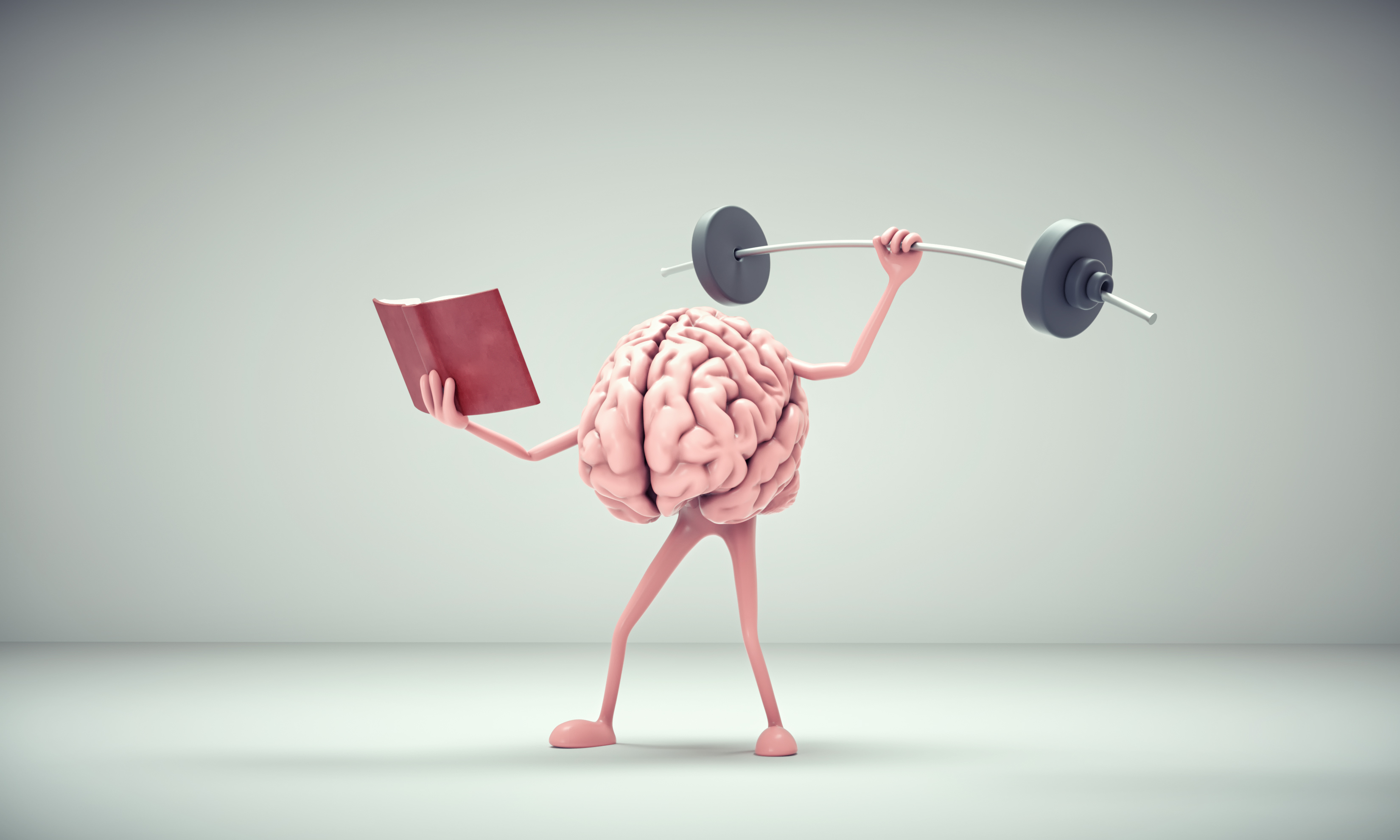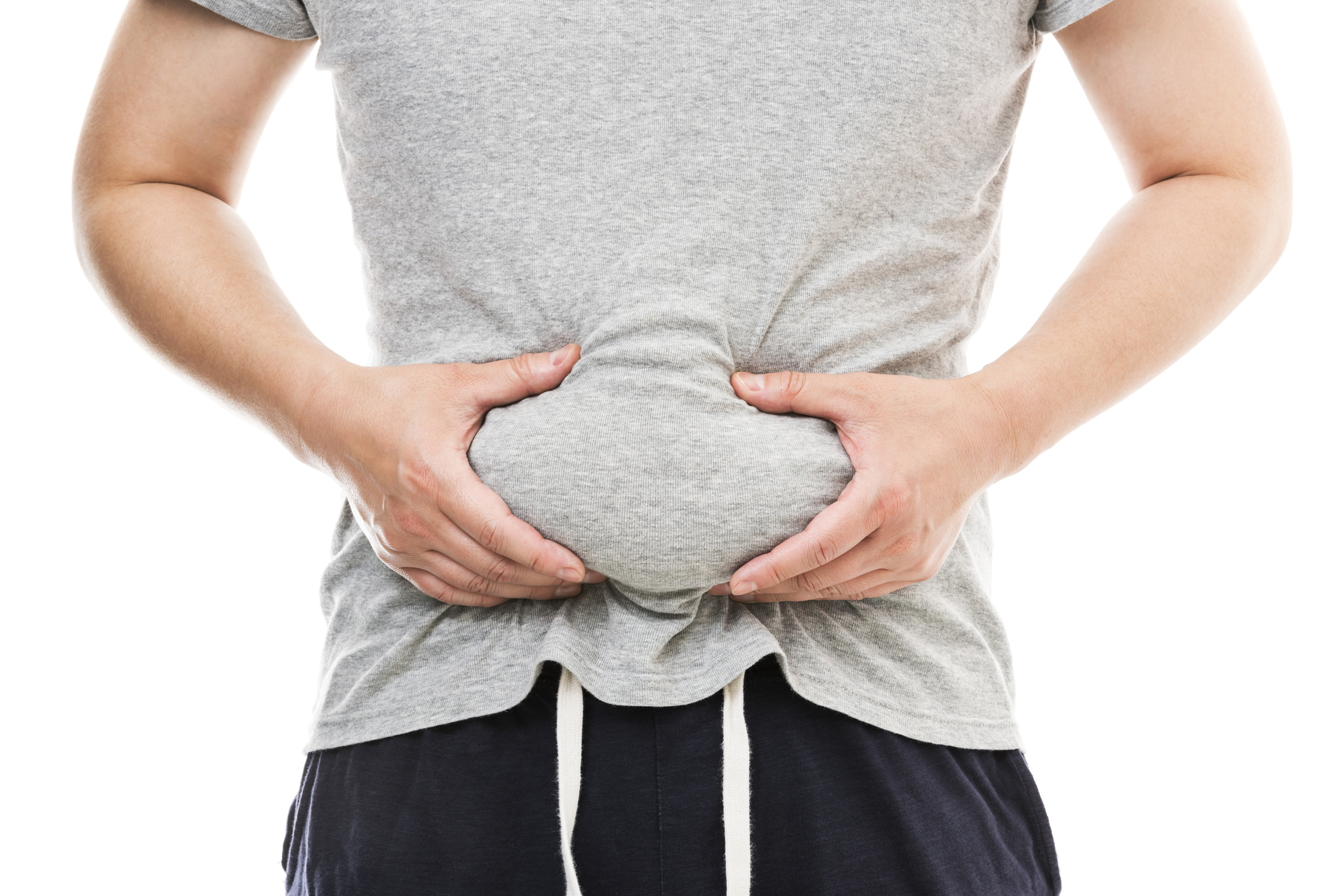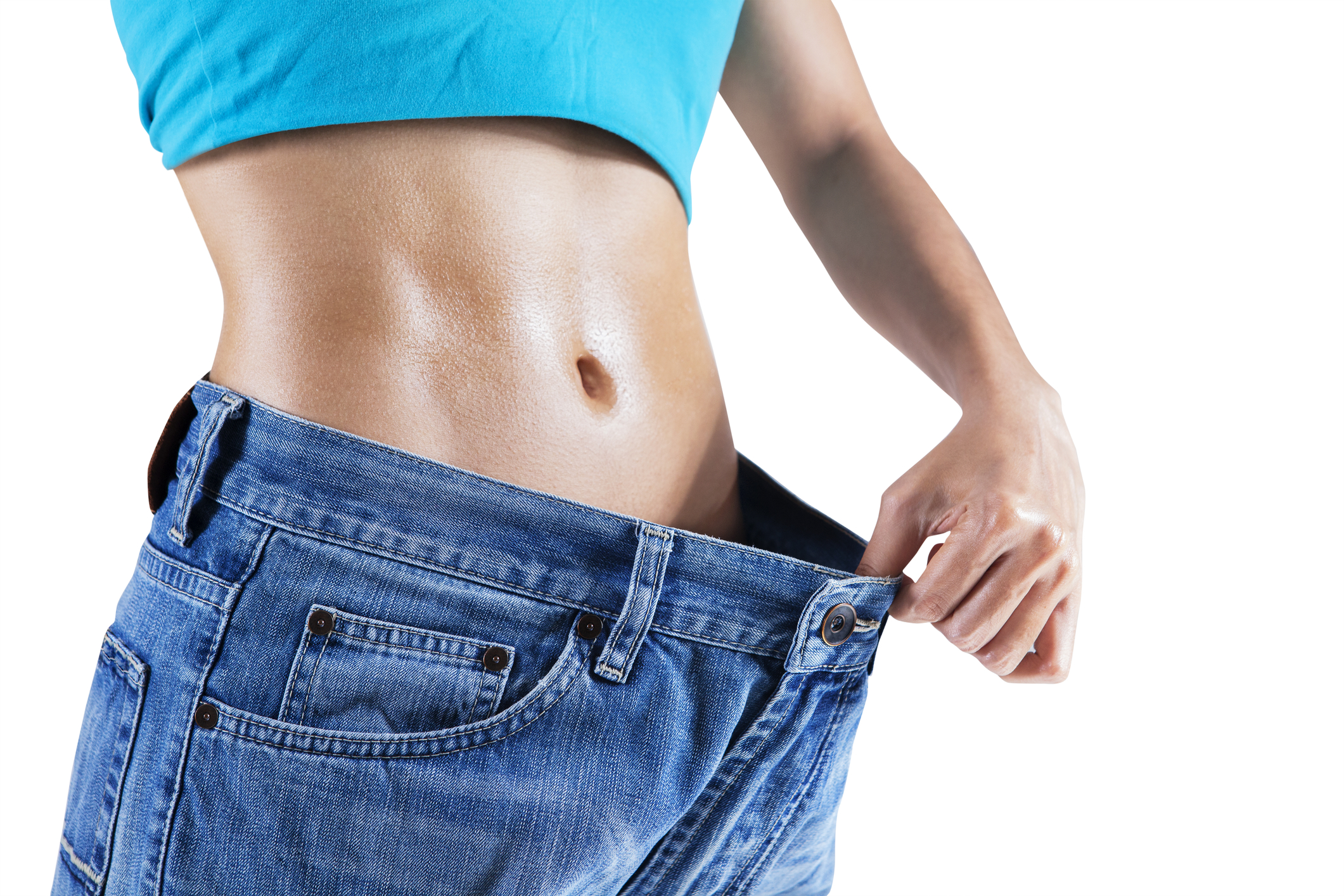Biohacking Your Brain: Natural Ways to Support Cognitive Function Without Caffeine

Strong 8k brings an ultra-HD IPTV experience to your living room and your pocket.
In a world running on coffee, energy drinks, and sugar-laced pick-me-ups, the idea of boosting mental performance without caffeine might sound like a fantasy. But for those who want lasting focus, sharper memory, and sustained mental clarity—without the inevitable crash or jitters—natural brain biohacking is the answer.
Biohacking, in simple terms, is the science and art of optimizing your body and mind using evidence-backed strategies. And when it comes to cognitive performance, there are more sustainable tools than a triple-shot espresso.
In this article, we’ll dive into non-caffeinated, natural ways to support your brain, increase your mental energy, and keep your mind sharp in 2025 and beyond.
Why Caffeine Isn’t Always the Best Brain Booster
Caffeine works by blocking adenosine, a neurotransmitter that makes you feel sleepy. In small doses, it can increase alertness and attention. But over time, many people develop a tolerance—and then dependence.
Common caffeine-related downsides:
• Energy crashes mid-afternoon
• Increased anxiety or irritability
• Sleep disruption
• Headaches or withdrawal symptoms
• Jittery focus (not deep concentration)
That’s why more people are seeking caffeine-free cognitive support—especially professionals, students, and high-performers looking to think clearer, longer, and better.
Biohacking 101: Your Brain’s Core Needs
To optimize brain function, you need to meet the following core needs:
1. Clean fuel (nutrition)
2. Oxygen and circulation (movement)
3. Rest and repair (sleep + stress management)
4. Neuroplastic stimulation (learning + novelty)
5. Chemical support (nootropics + nutrients)
Let’s explore the best natural ways to enhance each pillar—without relying on caffeine.
1. Eat Smart: Brain-Boosting Nutrition
Your brain runs on glucose, but it thrives on healthy fats, antioxidants, and micronutrients.
Key brain-friendly foods:
• Fatty fish (salmon, mackerel, sardines) – omega-3s for neuron integrity
• Eggs – choline for memory and neurotransmitter health
• Blueberries – antioxidants that reduce inflammation and oxidative stress
• Leafy greens – rich in B vitamins and magnesium
• Pumpkin seeds and walnuts – zinc and plant-based omega-3s
Foods to limit:
• Refined sugars (cause brain fog)
• Trans fats (linked to cognitive decline)
• Processed carbs and artificial sweeteners
Eat clean, eat colorful, and hydrate like it matters.
2. Move to Think: Physical Activity for Cognitive Clarity
Movement increases blood flow to the brain, delivers oxygen and nutrients, and stimulates the release of brain-derived neurotrophic factor (BDNF)—a compound that supports learning and memory.
Brain-boosting activity ideas:
• 20–30 minutes of walking daily
• Resistance training 2–3x/week
• Yoga or tai chi for mindfulness and mobility
• Dancing or coordination workouts to challenge motor learning
You don’t need high intensity to get the benefits. Even light movement improves mental clarity and reduces brain fog.
3. Sleep Better to Think Better
Sleep isn’t just rest—it’s when your brain clears waste, consolidates memory, and resets.
Sleep optimization tips:
• Create a wind-down routine (screens off, stretch, journal)
• Use magnesium glycinate, ashwagandha, or herbal teas to support relaxation
• Keep your bedroom cool and dark
• Go to bed and wake up at the same time daily
7–9 hours of sleep consistently leads to better attention span, learning, and emotional balance.
4. Challenge Your Brain with Novelty
New experiences stimulate neuroplasticity, your brain’s ability to form new connections.
Brain exercises that build mental sharpness:
• Learn a new language or instrument
• Try memory games or strategy puzzles
• Switch routines (drive a new route, use your non-dominant hand)
• Read a book outside your usual interests
Even 15 minutes a day of mental novelty can improve processing speed, recall, and attention.
5. Use Caffeine-Free Nootropics and Adaptogens
Nootropics are compounds that enhance cognitive performance—without stimulating the nervous system like caffeine does.
Top caffeine-free nootropics:
✅ L-Theanine
• Found in green tea
• Promotes calm focus, often paired with caffeine but effective alone
✅ Bacopa Monnieri
• Ayurvedic herb that improves memory and reduces mental fatigue
• Works best over long-term use (4–6 weeks)
✅ Lion’s Mane Mushroom
• Supports nerve growth factor (NGF) and brain regeneration
• Enhances focus and clarity
✅ Alpha-GPC
• Boosts acetylcholine, a neurotransmitter for learning and memory
• Often used in professional nootropic stacks
✅ Rhodiola Rosea
• Adaptogen that improves mental stamina and stress resilience
✅ Citicoline (CDP-Choline)
• Supports brain cell repair and enhances focus without stimulation
Bonus Stack: NooCube for Caffeine-Free Mental Energy
If you want a ready-made formula that combines many of these ingredients, NooCube has become a top option for those seeking focus, clarity, and memory support without caffeine.
It includes:
• Alpha-GPC
• Bacopa Monnieri
• Huperzine A
• L-Theanine
• Cat’s Claw
• Resveratrol
• And more
Explore this detailed review of NooCube and top nootropics in 2025: https://www.globenewswire.com/news-release/2025/04/10/3059422/0/en/Best-Nootropics-2025-In-Depth-NooCube-Review-of-the-Smart-Drug-and-Cognitive-Enhancer-That-Actually-Works.html
This is one of the most effective caffeine-free stacks for supporting productivity and mental performance naturally.
Sample Brain Biohacking Day (Without Caffeine)
Here’s a real-world day optimized for natural mental performance:
7:00 a.m. – Wake up, hydrate, 5 minutes of breathwork or stretching
7:30 a.m. – Morning walk, sunlight exposure
8:00 a.m. – Protein-rich breakfast + nootropic stack (e.g., NooCube)
9:00–11:00 a.m. – Deep work session using Pomodoro method
11:00 a.m. – Break + puzzle or mind game (challenge your brain)
12:30 p.m. – Lunch with greens, lean protein, and healthy fats
2:00 p.m. – Creative work or brainstorming session
4:00 p.m. – Yoga, walk, or light weights
6:00 p.m. – Clean dinner + adaptogenic herbal tea
8:30 p.m. – Screen-free wind-down (journaling or reading)
10:00 p.m. – Sleep
What to Expect in 1–3 Months
If you follow these caffeine-free biohacking strategies consistently:
After 2 weeks:
• Improved sleep quality
• More consistent focus throughout the day
After 1 month:
• Fewer crashes and better mood stability
• Sharper memory recall and creative thinking
After 3 months:
• Deepened focus without relying on caffeine
• Resilience to stress and sustained mental performance
Final Thoughts: You Don’t Need a Buzz to Be Brilliant
Caffeine has its place—but it’s not the only path to mental performance.
With the right habits, clean fuel, smart nootropics, and consistent care, you can support your brain to thrive naturally.
Biohacking your mind is about long-term clarity—not short-term stimulation.
So if you’re tired of the highs and lows, take the first step:
• Move more
• Sleep better
• Fuel wisely
• Try caffeine-free nootropics
Your brain will thank you with focus that lasts.
Note: IndiBlogHub features both user-submitted and editorial content. We do not verify third-party contributions. Read our Disclaimer and Privacy Policyfor details.







